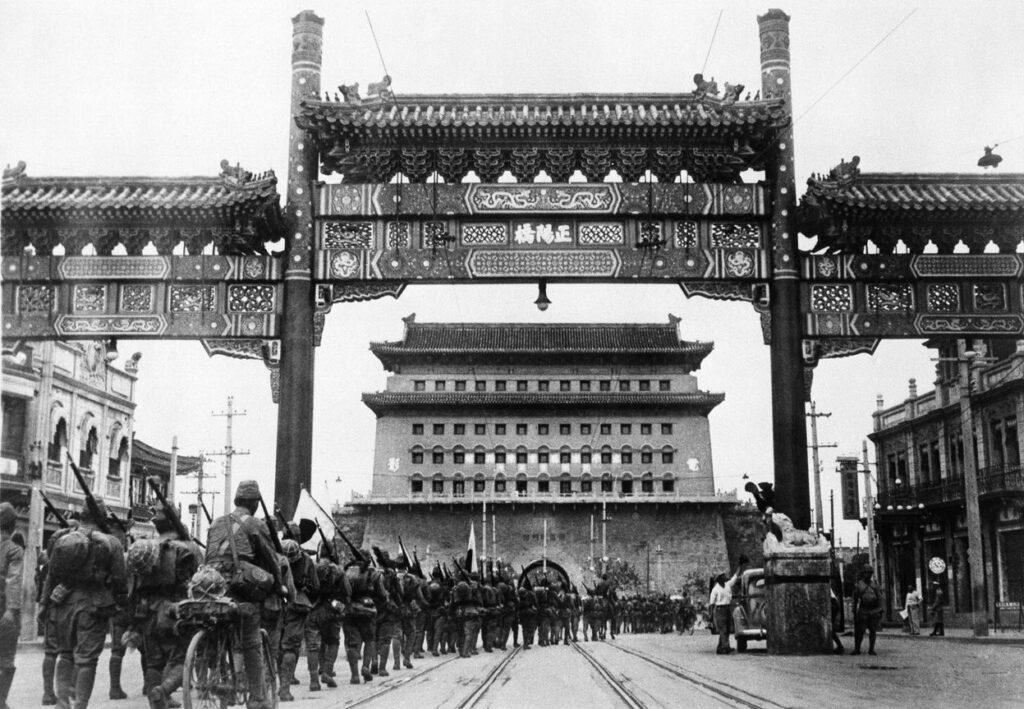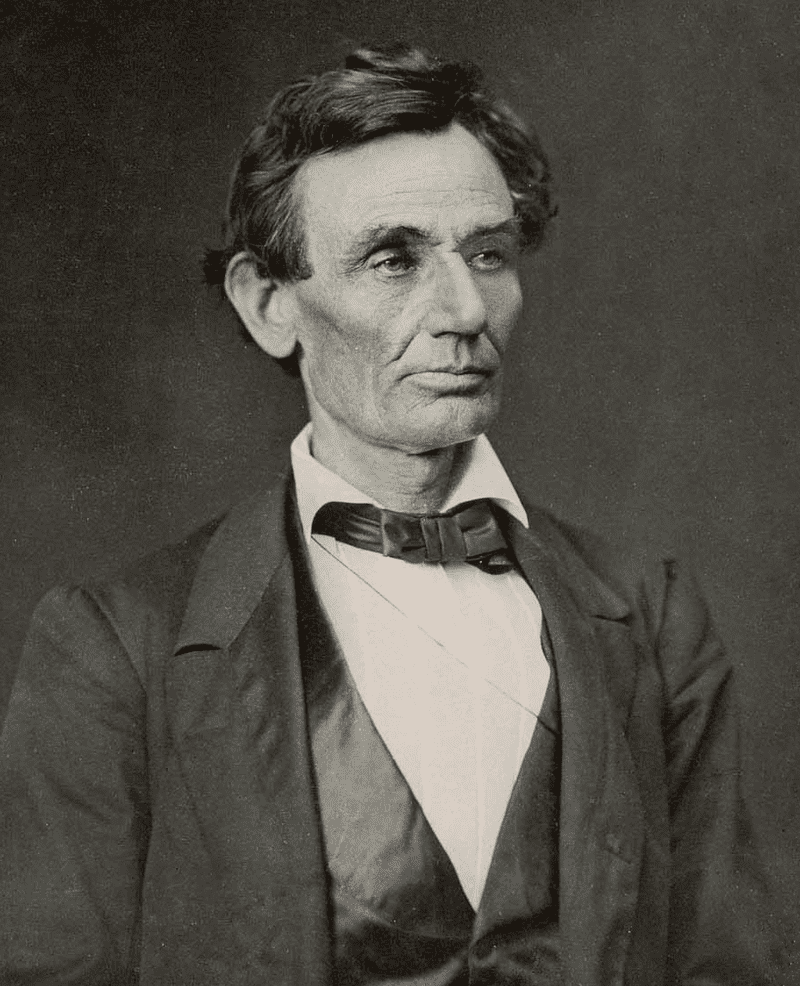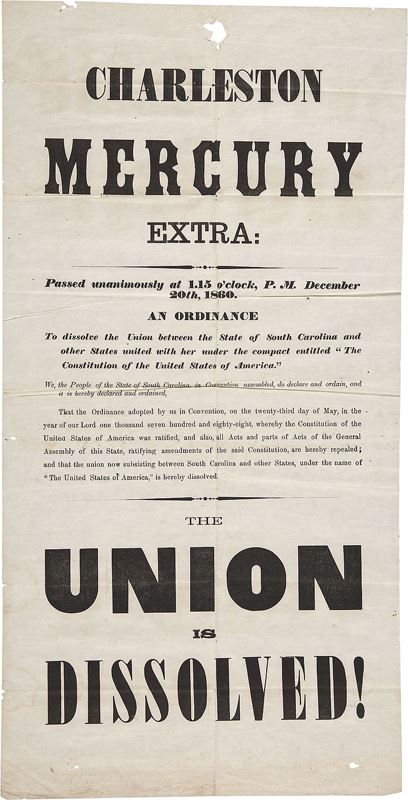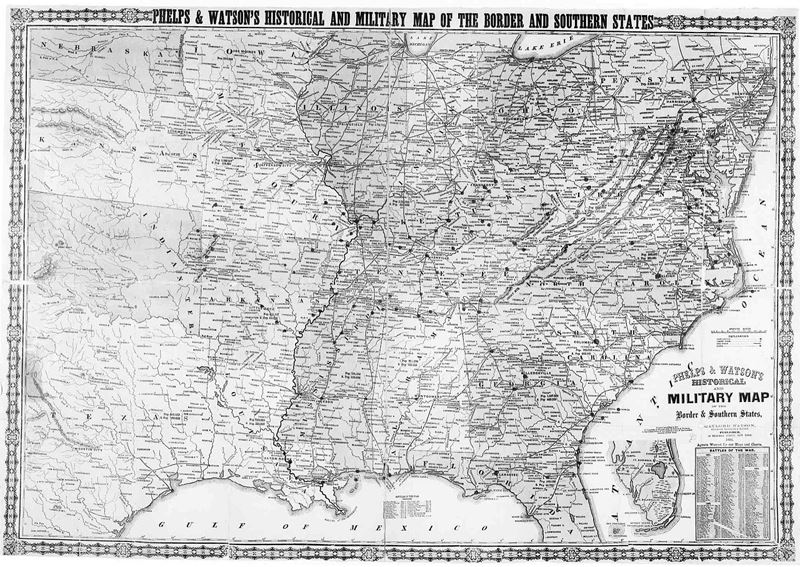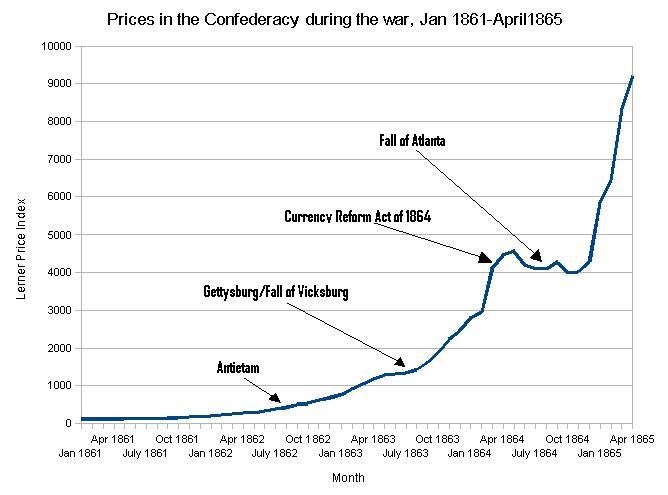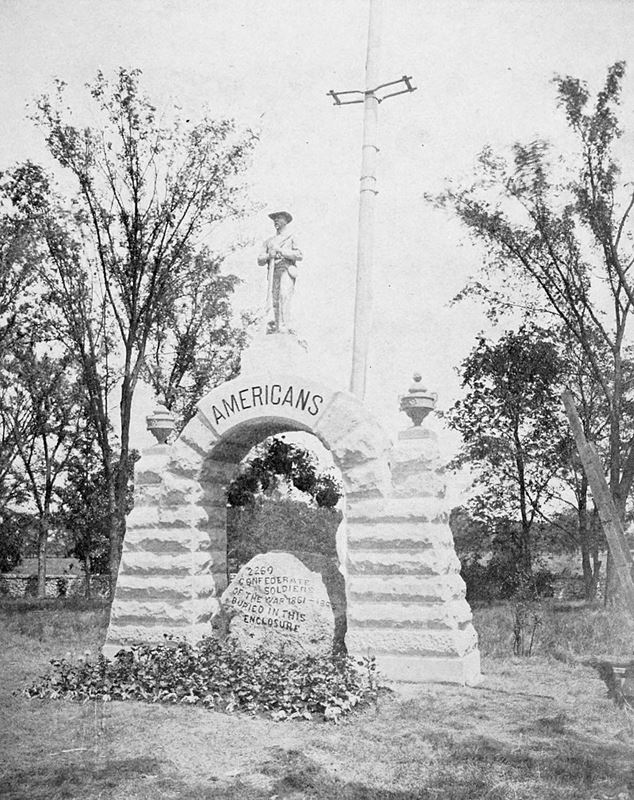causes of World War II, a global war from 1939 to 1945 that was the deadliest conflict in human history, have been given considerable attention by historians from many countries who studied and understood them. The immediate precipitating event was the invasion of Poland by Nazi Germany on September 1, 1939, and the subsequent declarations of war on Germany made by Britain and France, but many other prior events have been suggested as ultimate causes. Primary themes in historical analysis of the war’s origins include the political takeover of Germany in 1933 by Adolf Hitler and the Nazi Party; Japanese militarism against China, which led to the Second Sino-Japanese War; Italian aggression against Ethiopia, which led to the Second Italo-Ethiopian War and Germany’s initial success in negotiating the Molotov–Ribbentrop Pact with the Soviet Union to divide the territorial control of Eastern Europe between them.
During the interwar period, deep anger arose in the Weimar Republic on the conditions of the 1919 Treaty of Versailles, which punished Germany for its role in World War I with severe conditions and heavy financial reparations to prevent it from ever becoming a military power again. That provoked strong currents of revanchism in German politics, with complaints primarily focused on the demilitarisation of the Rhineland, the prohibition of German unification with Austria and the loss of some German-speaking territories and overseas colonies.
During the worldwide economic crisis of the Great Depression in the 1930s, many people lost faith in democracy and countries across the world turned to authoritarian regimes.[1] In Germany, resentment and hatred of other countries was intensified by the instability of the German political system, as many activists rejected the Weimar Republic’s legitimacy. The most extreme political aspirant to emerge from that situation was Adolf Hitler, the leader of the Nazi Party. The Nazis took totalitarian power in Germany from 1933 and demanded the undoing of the Versailles provisions. Their ambitious and aggressive domestic and foreign policies reflected their ideologies of Antisemitism, unification of all Germans, the acquisition of “living space” (Lebensraum) for agrarian settlers, the elimination of Bolshevism and the hegemony of an “Aryan”/”Nordic” master race over “subhumans” (Untermenschen) such as Jews and Slavs. Other factors leading to the war included the aggression by Fascist Italy against Ethiopia and by Imperial Japan against China.

